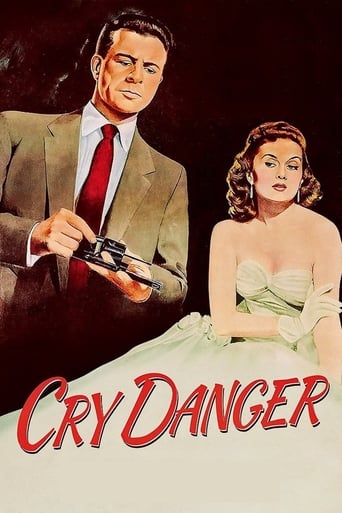


Cry Danger
After serving five years of a life sentence, Rocky Mulloy hopes to clear his friend who's still in prison for the same crime.
-
- Cast:
- Dick Powell , Rhonda Fleming , Richard Erdman , William Conrad , Regis Toomey , Jean Porter , Jay Adler


Similar titles
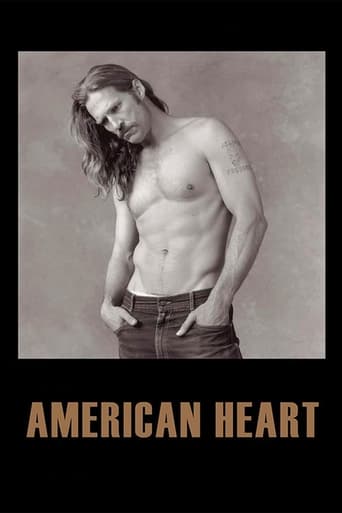
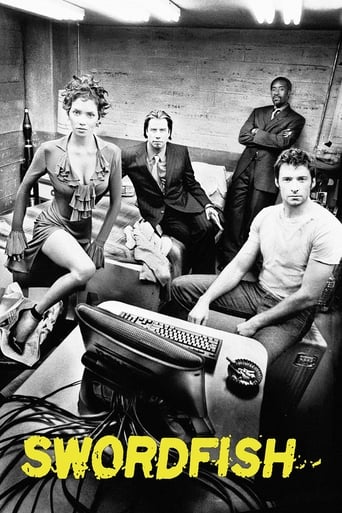
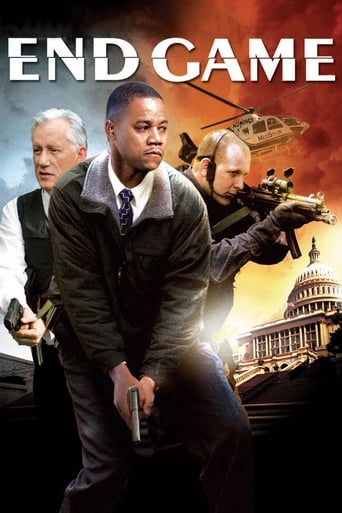
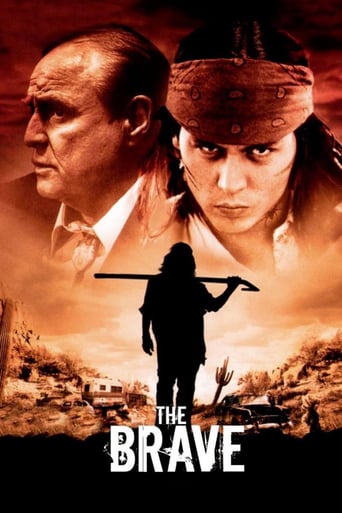
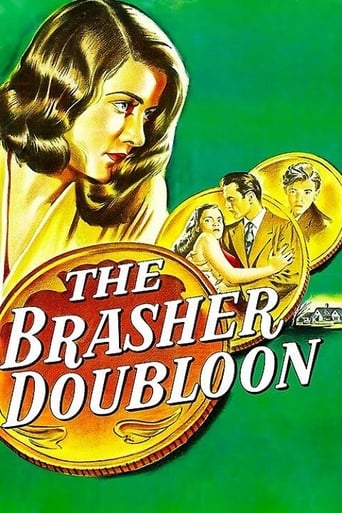
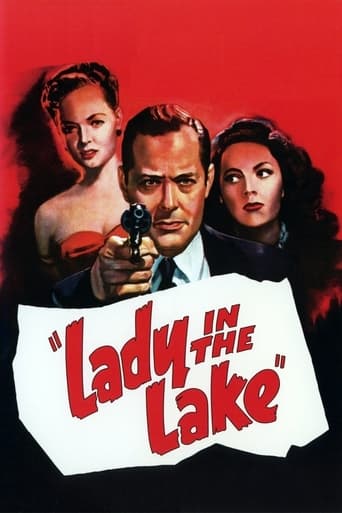
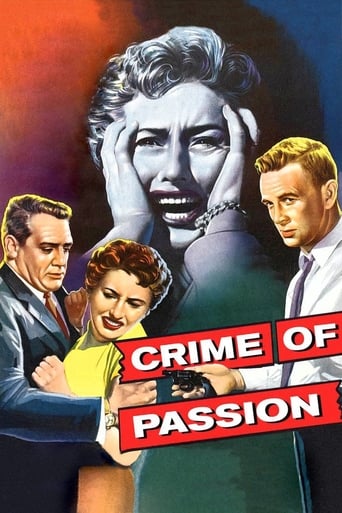

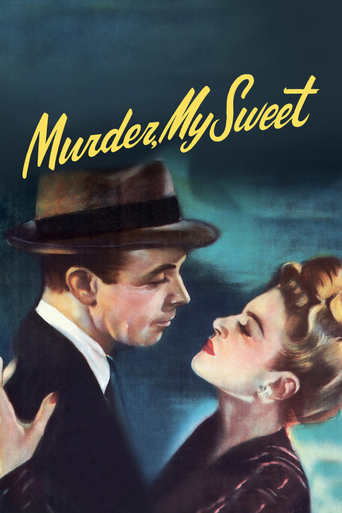
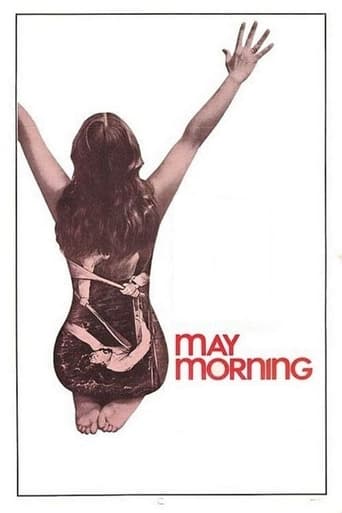
Reviews
Absolutely the worst movie.
I wanted to like it more than I actually did... But much of the humor totally escaped me and I walked out only mildly impressed.
The film may be flawed, but its message is not.
It is an exhilarating, distressing, funny and profound film, with one of the more memorable film scores in years,
TCM introduced "Cry Danger" as being one of the funnier films noir, and that proves to be true. Dick Powell is quick with a droll one liner, of which this film is chock full. He plays an ex-con who was wrongfully imprisoned, and then gets roped into a twisted plot of shady dealings and double crossings when he's released. Set in run-down bars and trailer parks of downtown Los Angeles, it has a patina of grime to counterbalance its sense of humor and to satisfy those who like their noirs seedy.Grade: A
Thanks to lighter, smaller film cameras developed during World War II, B-movie directors on a low budget often took their productions into the streets of Los Angeles (and elsewhere), adding a kinetic and exhilarating realism unavailable on the back lot. So-called films noir, particularly the documentary-style police procedurals, were especially enhanced by location shooting. I can name several films--"Crime Wave," "Kiss Me Deadly," "Angel's Flight" and this one, "Cry Danger," among others--that would have been far less interesting if the producers had kept them studio-bound. "Cry Danger" was shot at two locations on Bunker Hill, one at the corner of Third and Olive (the Amigos Club, where William Conrad had an upstairs office) and the other at the New Grand Hotel complex on the northwest corner of Third and Grand (where Conrad tricked Dick Powell into winning a bet with hot money from the robbery that had sent him to prison). But the most atmospheric scenes were shot several blocks away, at the top of Hill Place north of Sunset Boulevard in what is now a Chinatown neighborhood, where Powell moved into the Clover Trailer Park. (To see film stills matched with 2010 photos, check out www.electricearl.com/bh.) I recently (April 2010) saw the restored film version of "Cry Danger" at the Egyptian Theater in Hollywood (where, incidentally, Rhonda Fleming and Richard Erdman were on hand to talk about the movie), and I can attest that the location scenes drew audible breaths and exclamations from the audience. Don't get me wrong; "Cry Danger" has great dialog and interesting characters, but without that wonderful personality called postwar Los Angeles it would have been much less of a movie.
The screenplay of this first rate film noir was written by William Bowers (1916-1987), from an original story by Jerome Cady. We must therefore assume that the fantastic number of gags in this script were from Bowers, unless he hired a team of inspired gag-writers to insert them. Bowers was to enjoy a continued association for some time with both Dick Powell, for whom he wrote SPLIT SECOND (1953), and Robert Parrish, whose ostensible first directorial effort this was. Jean Porter, who appears in this film as Darlene, claimed in an interview in later life that this film was really directed by Dick Powell himself, but that he allowed Robert Parrish to take the credit. Parrish was noted as an editor at that time, but he is not credited as Editor of this film. Instead, Bernard W. Burton, a long-established editor, is credited as 'Editorial Supervisor'. So what happened? With Parrish otherwise uncredited, was he first assistant director or, as is more likely, Editor, with Burton lending his name to cover that category so that Powell could give Parrish his first directorial credit? Powell later did become a director, but there may be reasons why he wanted first to try his spurs anonymously in this fashion. The question of the script is also a mystery worthy of a film noir, because I have never seen a film noir with so many outstanding one-liners, all delivered in a droll and hard-boiled manner by the excellent cast. There are so many of these gags that it sometimes seems as if half of the film's dialogue consists of them, or as if the Marx Brothers had been at work in the back room. From that point of view alone, this film is worthy of classic status, as perhaps the wittiest film noir ever made. But was William Bowers alone really capable of this? Well, never mind, on to other things. Here Dick Powell is perfect for his part: dry, never smiling, never sentimental, determined, and he lacks the annoying and surly jowliness he sometimes showed in other films, such as CORNERED (1945, see my review where I criticize this). Despite his evident lack of any visible sense of humour, Powell delivers his gag lines with impeccable aplomb, as if they were ripe plums dropping from a tree, plop plop plop for 80 minutes non-stop. He never gives the slightest flicker of recognition of the fact that he has just made a witticism. He cracks one-liners like cows eat grass, relentlessly and without stopping for breath. The great surprise performance in this fabulous film is by Richard Erdman, who delivers his one-liners with even greater skill, and even more superb drollery. At first one fears that Erdman is not a very good actor, because he appears to be too natural. Then we realize that he is playing a part where he is not what he at first pretends to be, and that by pretending to be natural he is not being natural, but when he finally does become natural it all comes naturally. As Powell says when asked what it was like having just spent five years in prison on a false charge: 'Five years? You could do that just sitting around.' So they are all so laid back they are horizontal, and some of that takes place too, of both kinds, I mean the kind where the broad is a real knock-out, and the kind where you are knocked out. Yes, there are tough guys around, and William Conrad is a really ominous villain named Castro (no, they don't succeed in killing off this Castro either). The glamour puss is the amazing Rhonda Fleming. Watch out! Rhonda is at it again! She starts out sweet, but we begin bit by bit to realize we have a serious femme fatale here, one who covers her arsenic with marshmallows. Try sucking it and see. She is such a sweetie, just so wonderful, just so loving, but then again, is the heart of her so rotten that she doesn't even know that bad is bad, that crime is crime, that betrayal is well, what's a little betrayal after all when there's real money in it? She's the kind of gal who says 'I love you' in between mental calculations of the share of a robbery, where each kiss is costed out as if by a corporate accountant. Lawyers charge by the hour, but she charges by the second, which sometimes measures just how long people may have to live if they get between her and the dough. But that's film noir!
Dick Powell, Rhonda Fleming, Regis Toomey, Richard Erdman, and Jean Porter star in "Cry Danger," a 1951 film directed by Robert Parrish. Powell plays Rocky Mulloy, an ex-con, recently released from prison after an alibi appears that clears him of a robbery/murder. The alibi is a Marine (Erdman) named DeLong who says that he and Powell were drinking together at the time the job was pulled. In truth, Powell didn't commit the crime. However, he has never seen this Marine before in his life. The Marine wants money from the robbery.The two rent a trailer in a trailer park, where the wife (Rhonda Fleming) of his ex-partner, who is still in prison, lives. She's actually an old girlfriend of Rocky's and the two are still attracted to one another. Rocky goes after a bookie (William Conrad) who cheated him and unknowingly bets on a fixed race, is paid in the robbery money, which sends the police after him.It's good to read the comments for this film and realize that many people appreciate the versatility and talent of Dick Powell. He was many things to many people - a wonderful singer, a great tough guy, a savvy businessman, a good director, and a marvelous producer who launched Sam Peckinpah and Aaron Spelling. Not all of his later films were "A" productions, but he was always excellent.The performances by Erdman and Conrad are very good. Rhonda Fleming is her usual beautiful self, and Jean Porter plays a lively party girl.This is a good noir that captures the atmosphere of post-war LA, the down and out side of it. It's exciting and a little unpredictable, too, enough to keep you watching.
